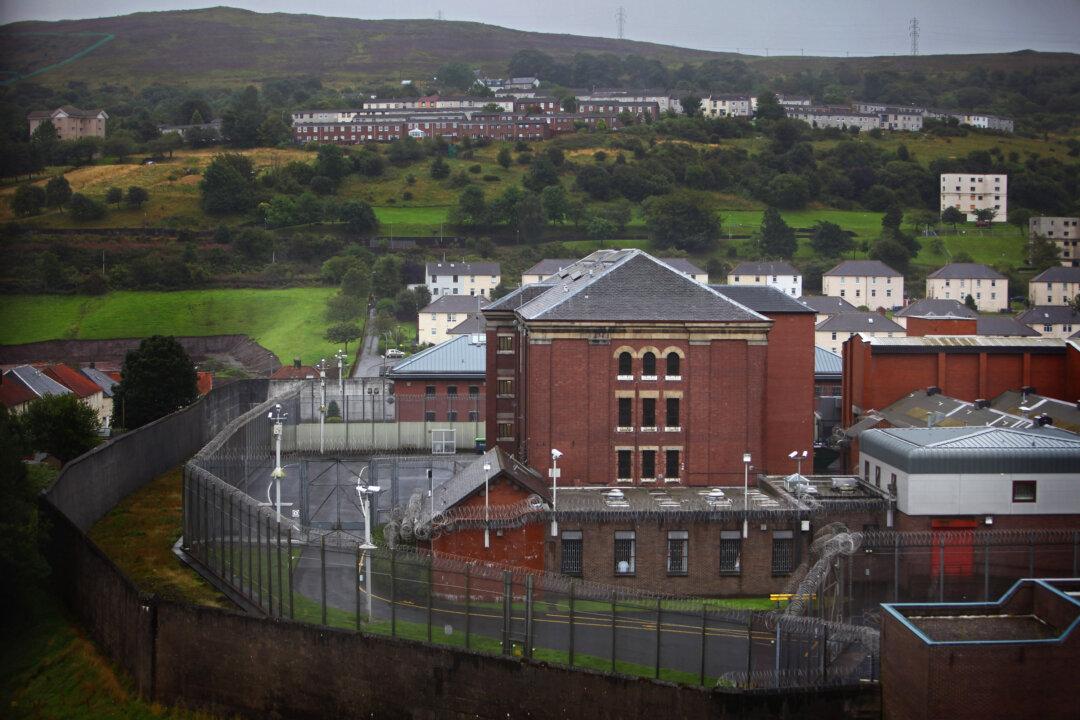Half of Scotland’s transgender prisoners only identified as women after they were put behind bars, according to figures obtained in a Freedom of Information request.
There are 16 transgender inmates in Scottish prisons, eight of whom began their transition while “being cared for in custody following their remand or conviction for their current offence,” the Scottish Prison Service (SPS) confirmed in a Freedom of Information request (FOI) seen by The Epoch Times.





